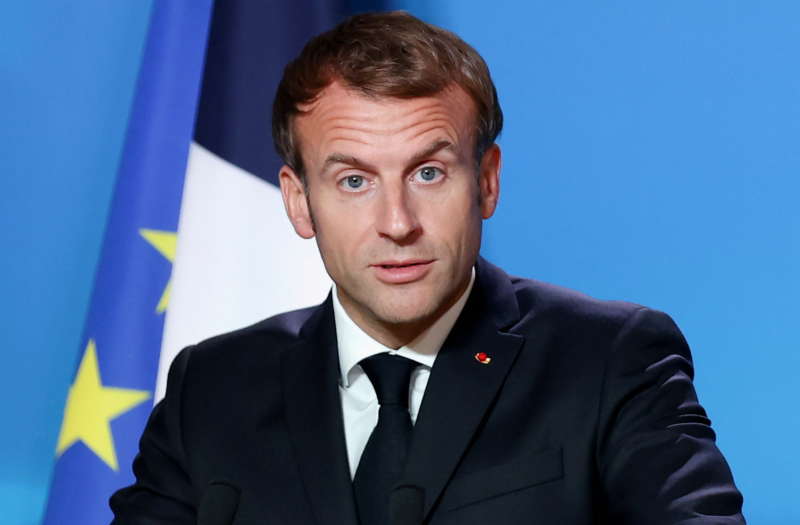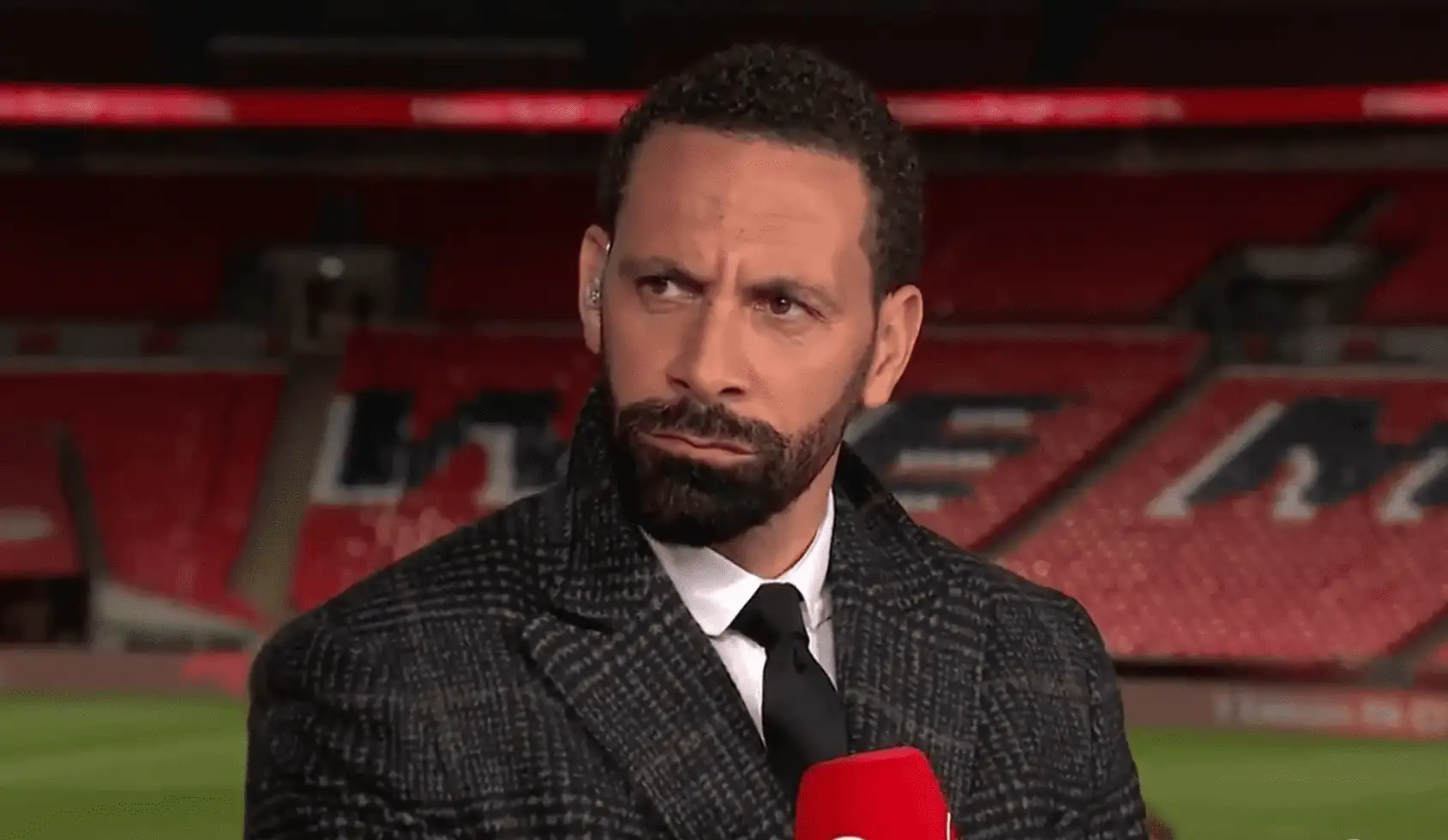France postpones fishing row sanctions on Britain

French President Emmanuel Macron said on Monday he was postponing by one day planned trade sanctions on Britain so that negotiators from both sides could work on new proposals to defuse their dispute over post-Brexit fishing rights.
France had earlier said that, starting from 2300 GMT on Monday, it would restrict cross-Channel trade, threatening to turn bickering over fish into a wider trade dispute between two of Europe’s biggest economies.
But Macron, who earlier on Monday met British Prime Minister Boris Johnson on the sidelines of the United Nations climate conference in Glasgow, told reporters the French plan was on hold pending the outcome of renewed talks.
“Since this afternoon, discussions have resumed on the basis of a proposal I made to Prime Minister (Boris) Johnson. The talks need to continue,” Macron told reporters.
“My understanding is that the British were going to come back to us tomorrow with other proposals. All that will be worked on. We’ll see where we are tomorrow at the end of the day, to see if things have really changed,” he said.
“My wish is that we can find a way out on all these issues.”
LEGAL THREAT
Earlier on Monday, Britain gave France 48 hours to back down from the threat of sanctions or face legal action under the Brexit trade deal.
The measures threatened by France include increased border and sanitary checks on goods from Britain and banning British vessels from some French ports, steps that have the potential to snarl cross-Channel trade.
“The French have made completely unreasonable threats, including to the Channel Islands and to our fishing industry, and they need to withdraw those threats or else we will use the mechanisms of our trade agreement with the EU to take action,” British Foreign Secretary Liz Truss told Sky News.
Asked over what time frame France should back down, Truss said: “This issue needs to be resolved in the next 48 hours.”
POLITICAL STAKES
Britain and France have squabbled for decades over access to the rich fishing grounds around their Channel coasts.
The fishing issue dogged the negotiations that led to Britain’s exit from the European Union, not because of its economic importance – it is scant – but rather its political significance.
Re-asserting Britain’s control over its fishing grounds was a central plank of the case for Brexit that Johnson presented to British voters. Macron, meanwhile, faces re-election next year and needs to be seen standing up for his nation’s trawler crews, a vocal political constituency.
The latest row erupted in September after Paris accused London of failing to allocate enough post-Brexit licences to French boats to fish in the zone 6-12 nautical miles from UK shores.
Britain says it is issuing licences to vessels that can prove they have previously fished in its waters – a central demand from British fishermen who fear French boats could wipe out their own profits.
Last Wednesday French authorities seized a British scallop dredger, the Cornelis Gert Jan, in French waters near Le Havre, angering London.
On Monday afternoon, anticipating a new ratcheting-up of tensions once the French deadline expired, fishing crews from both France and Britain were staying out of each other’s waters, according to marine traffic tracking data and a French industry representative.
Additional reporting by Kylie MacLellan and Elizabeth Piper; Editing by Sandra Maler
TodayNG
editor's pick
latest video
news via inbox
Nulla turp dis cursus. Integer liberos euismod pretium faucibua




